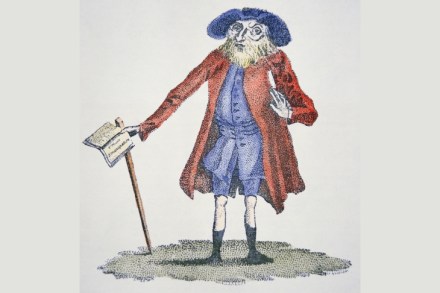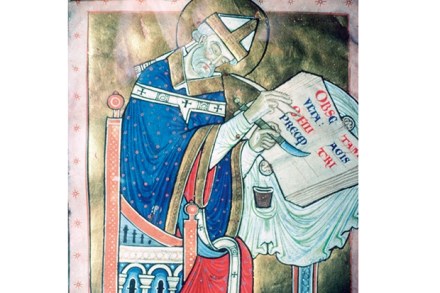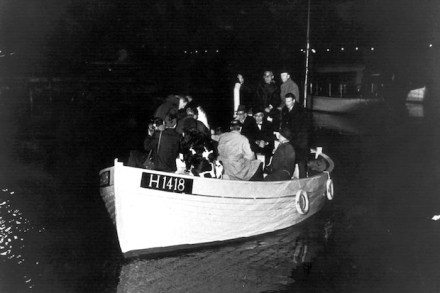Raising Cain
It is a pretty safe bet that for every 1,000 people who know of William Wilberforce, no more than the odd one might have heard of Benjamin Lay. In many ways this is understandable enough, but if anyone deserves to muscle in on the mildly self-congratulatory and largely middle-class pantheon of Abolitionist Saints, it is




















